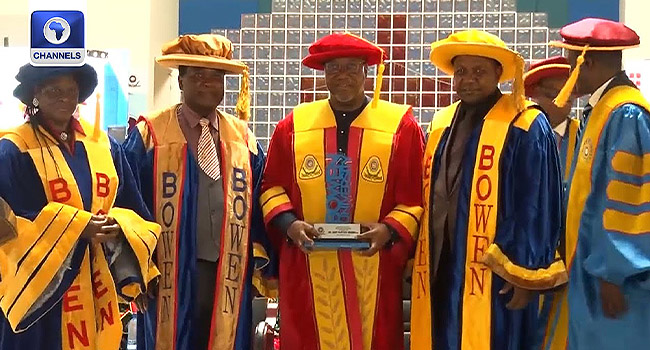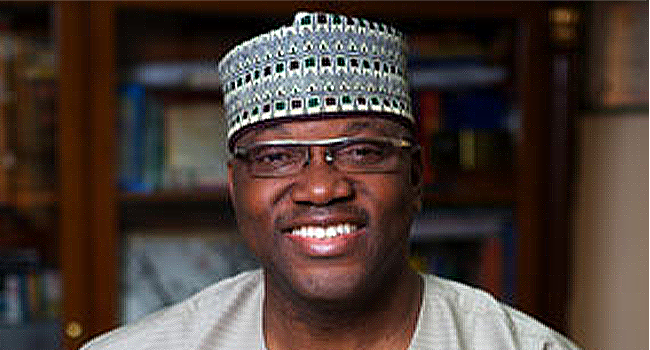Despite the myriad of calls for the creation of state police to address the lingering insecurity in parts of the country, the presidential committee on the re-organisation of the Nigerian Police Force has warned against the establishment of state police in Nigeria, warning that it can lead to the separation of the country.

Chaired by former Deputy Inspector-General of Police, Parry Osayande, the committee in its report stated that granting the Nigerian Police Force financial autonomy and reforming the National Police Council will annul the clamour for the creation of state police.
“A stronger and more efficient National Police Council with effective participation of state governors; financial autonomy and better professionalism for the police will cancel demands for state police” stated Mr Osayande.
According to him, “state governments would not be able to fund state police, apart from the fact that such a move will lead to eventual break up of Nigeria” he said.
He instead advocated a funding structure for the police by all tiers of government.
“The constitution provides a trilateral arrangement for organisation and administration of the Nigeria Police Council, the Police Service Commission and the Inspector-General of Police” Osayande stated to explain the suggested funding by the three tiers of government.
Irrelevant Ministry
The committee also recommended that the Ministry of Police Affairs should be done away with because of its irrelevance.
Noting that the Ministry of Police Affairs has no particular assigned role in the amended 1999 Constitution, the committee spotted that the Ministry is neither in charge of police administration which is assigned to the police council, nor in charge of operations which is assigned to the Inspector-General of Police nor in charge of appointment, discipline and promotion which is assigned to the Police Service Commission and described it as anomalous.
Budget of corruption
On funding, the Osayande committee’s report noted that since policing is a capital intensive venture, its satisfactory funding cannot be met through mere federal budgetary allocation.
“The committee thus supports the recommendation of the M.D. Yusuf 2008 committee on the reform of the Nigeria police that police should henceforth be jointly funded by the three-tiers of government” the report stated.
The committee also enjoined the federal government to let the police draw its budget on its need rather than the Ministry of Finance.
Recommending that the police be empowered to determine its priorities, draw its budget based on its needs and be held accountable for the use of such funds, the committee added that the “envelope system” of budgeting for the police whereby the Ministry of Finance provides a budget template encourages corruption.
The Governors Forum is currently divided over calls for state police in the on-going Constitution Amendment by the National Assembly.
Governors from the northern part of the country recently kicked against the call, sighting difficulties in funding the state police whilst their southern counterparts have mounted increasing calls for the reforms.
The Presidential Committee on the re-organisation of the Nigerian Police Force was inaugurated on the 17th of February, when they were tasked to identify challenges and factors against effective performance in the police and recommend how the challenges can be addressed.




